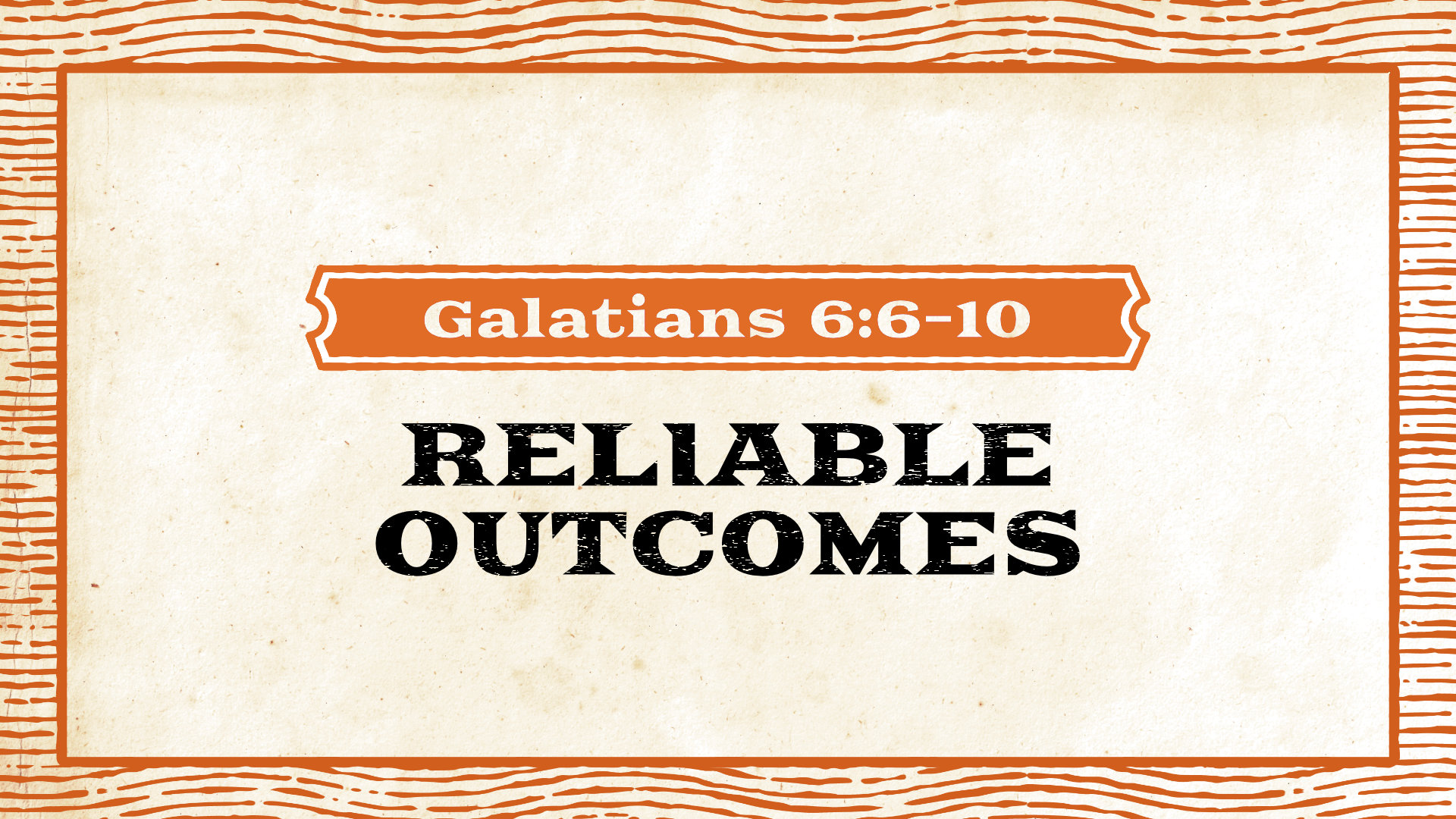Jesus Taught Love Requires More Than Words
Jesus Taught Love Requires More Than Words
Pastor Travis recently told us about a friend who has a chronic cough. Obviously, this is not a good thing to have at any time. But during a global pandemic?! He may not have the virus. He just sounds like he does. So, when he coughs, folks run for the hills!
In our current cultural climate, there is so much frustration and anger. With each new headline, people are driven further apart and are sicker with hatred. Meanwhile, it seems like Christians--the one group of people who should be immune to the hatred--only add to the chaos. We may think we are taking a stand for truth and righteousness, but we fail to love people as we should. So, no matter how true or correct we think we sound, the world only hears a cough.
These things ought not to be so.
This is why 1 John is such a needed reminder that the defining characteristic of the Christian life is love. Love is how we know that we are in Christ. Love is how the world knows that we are in Christ. If we are in Christ, we will be righteous. But how is our righteousness expressed? In terms of what we love. (1 John 2:15, 3:10) If we are in Christ, we will be obedient to God. But what does God command? That we are to love. (1 John 3:23-24)
Furthermore, this is not some hypothetical, intangible love. This love sees people in need and shows them practical, tangible love. This is not a love that sends "thoughts and prayers." This is a love that sends food and clothes. This love is not given according to how much the recipient deserves it. This love is provided regardless of how much the recipient doesn't deserve it. In other words, we love people the way God loves us.
Of course, this is not easy. In fact, John reminds us to not be surprised if the world hates us for it. But this is what is so revolutionary about the love of Christ. When the world is moving deeper into hatred, we respond in love. Unfortunately, many Christians respond in kind.
Remember when Jesus was asked what the greatest commandment was? (Matthew 22:35-40) He was asked for one answer, but he gave two.
Jesus replied: "'Love the Lord your God with all your heart and with all your soul and with all your mind.' This is the first and greatest commandment. And the second is like it: 'Love your neighbor as yourself."
Our love for God is intrinsically tied to our love for others. Jesus could not mention the first commandment without the second. This is because we cannot obey the first without also obeying the second.
These two great commandments came up in conversation another time. Someone asked Jesus, "Who is my neighbor?" Jesus answered with the incredible story of the Good Samaritan. (Luke 10:25-37) Just being a Samaritan was enough for Jesus' audience to have hated the man. Yet, Jesus held him up as the paradigm of the type of love he expects of us.
It was the type of love that disrupts plans and dirties hands. It was the type of love that made the Samaritan go out of his way, literally. It was a love that made the Samaritan spend time and resources, literally. It was a love that continued after the Samaritan left.
Then Jesus turned to his followers and said, “You go, and do likewise.”
Jesus' expectations have not changed. We are still commanded to love, not just in what we say but also in what we do. This is because love requires more than words.









































